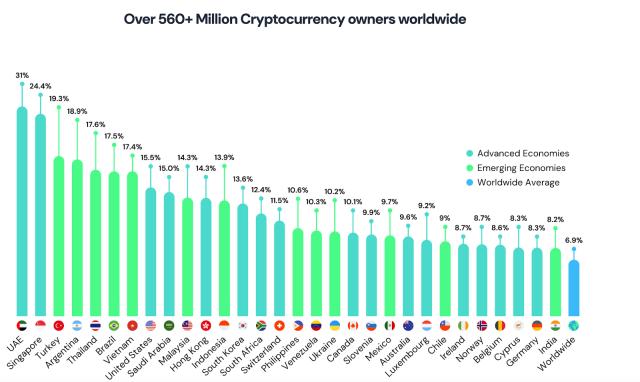US Treasury Secretary Scott Bessent: No Additional Cryptocurrency Reserves, Only Seized Assets Will Be Used
On August 14, US Treasury Secretary Scott Bessent announced that the government will not use the budget to purchase additional cryptocurrencies for the national reserve. Instead, all supplements to the Strategic Cryptocurrency Reserve will come from digital assets seized in criminal or civil cases.
This decision was made in the context of President Donald Trump's administration — who was re-elected at the end of 2024 — pushing a strategy to make the US a global digital asset center. Previously, in March 2025, President Trump signed an executive order establishing the Strategic Bitcoin Reserve and the US Digital Asset Reserve. The goal is to create a digital "Fort Knox" for long-term storage of Bitcoin and other cryptocurrencies like Ethereum, Solana, XRP, Cardano.
Secretary Bessent explained that the Treasury Department will first stop auctioning Bitcoin and seized currencies. After completing victim compensation, the remaining assets will be directly transferred to the reserve. There are currently no plans to purchase new assets from the market, but he left open the possibility if a budget-neutral approach can be found to avoid burdening taxpayers.
According to estimates from blockchain analysis firms, the US government currently holds digital assets worth over $21 billion, of which approximately $20.4 billion is Bitcoin. The remainder includes Ethereum, stablecoins, and various other tokens, some of which were seized from bankrupt exchanges like FTX and Binance US.
Recently, on July 30, 2025, the White House published its first comprehensive cryptocurrency policy report, providing clear guidance on stablecoin management, banking access for crypto businesses, and national security standards related to digital assets. The report also updated the status of the Strategic Bitcoin Reserve, emphasizing its role in protecting the US financial position against global fluctuations.
Beyond the federal level, some states like Arizona and New Hampshire have proposed establishing their own cryptocurrency reserves to support the financial technology sector and attract investment. This is seen as part of a broader Trump administration strategy to make the US the number one destination for blockchain and Web3 projects.







